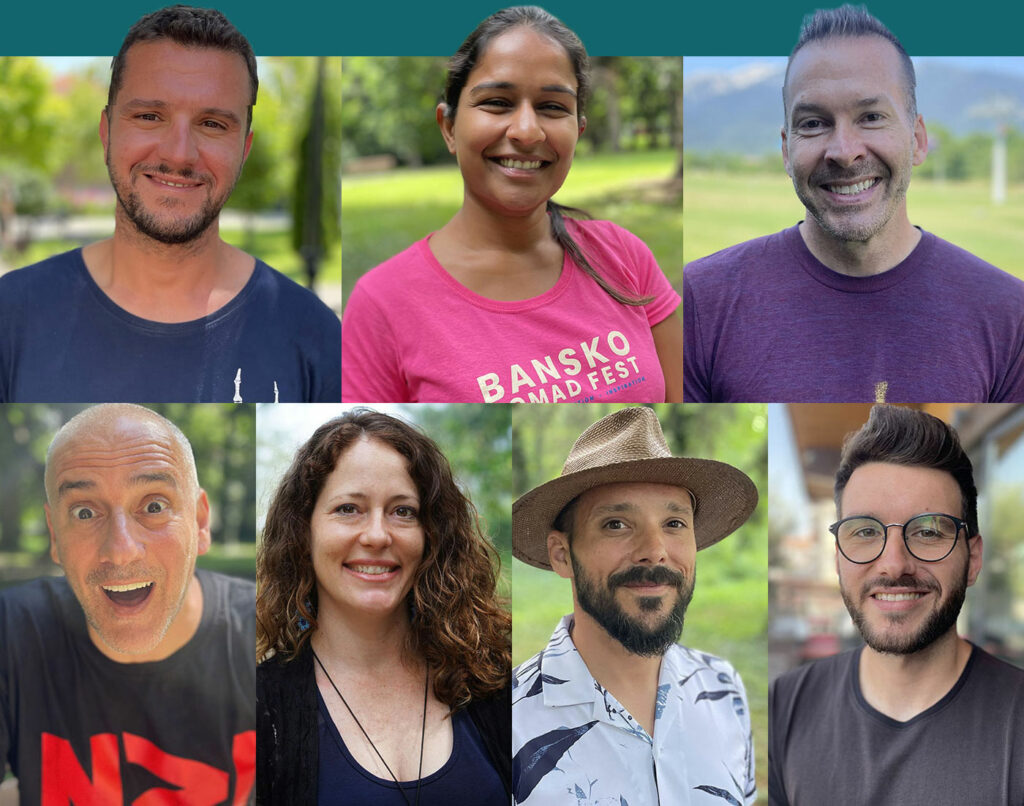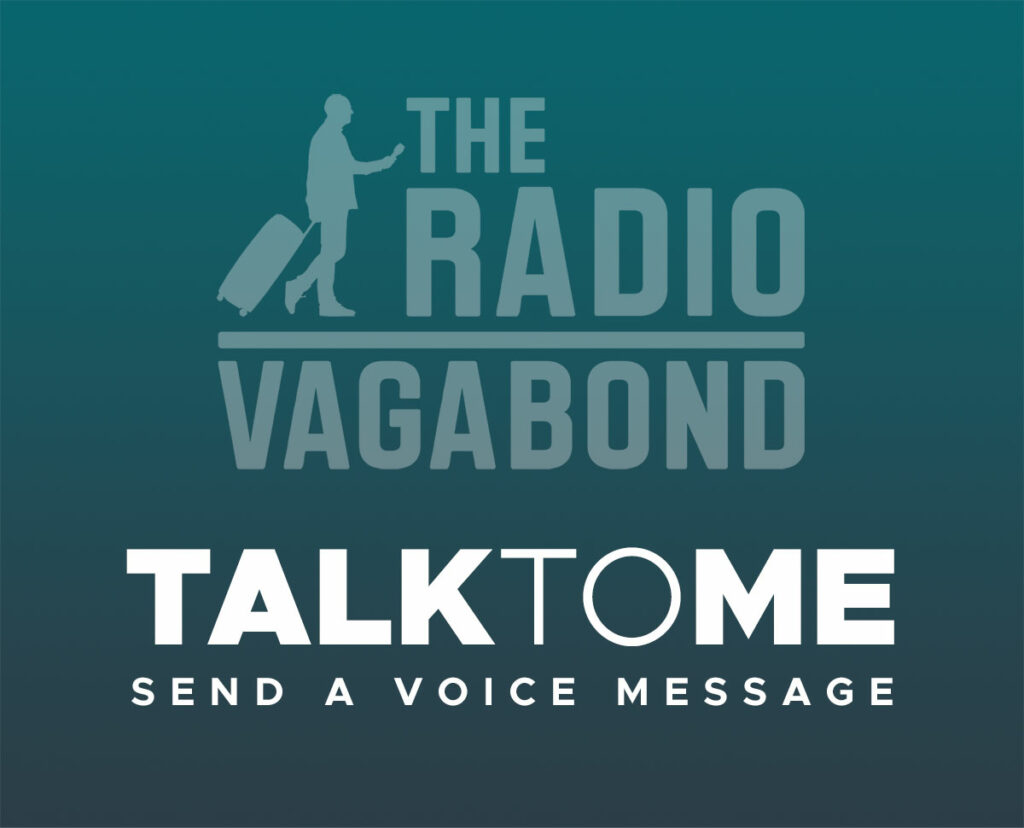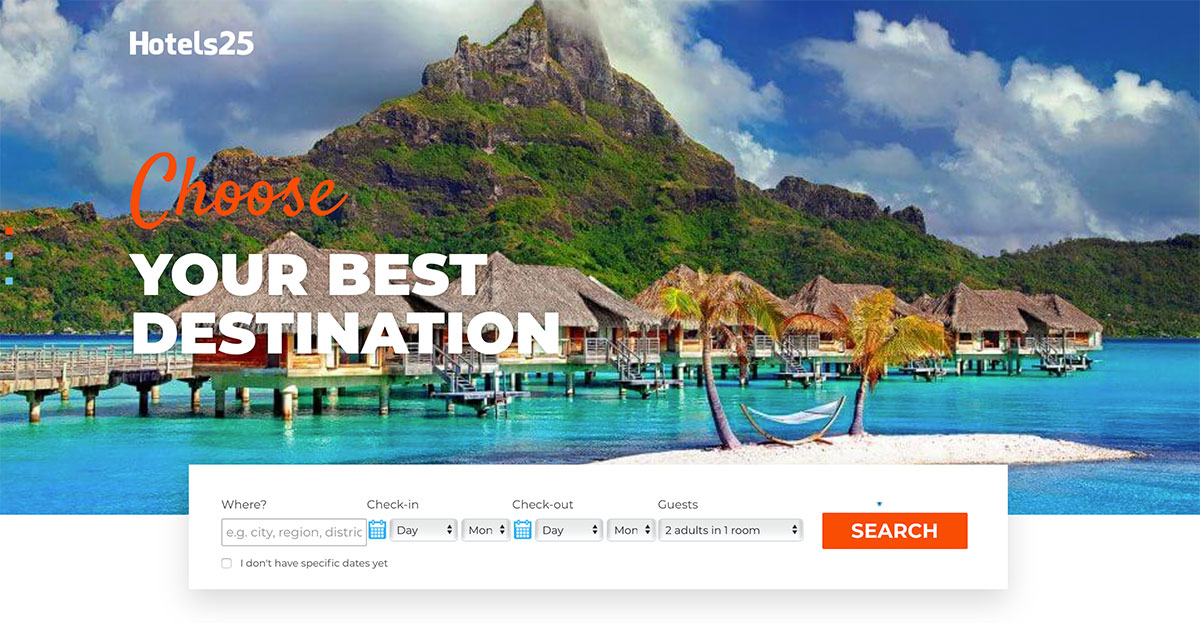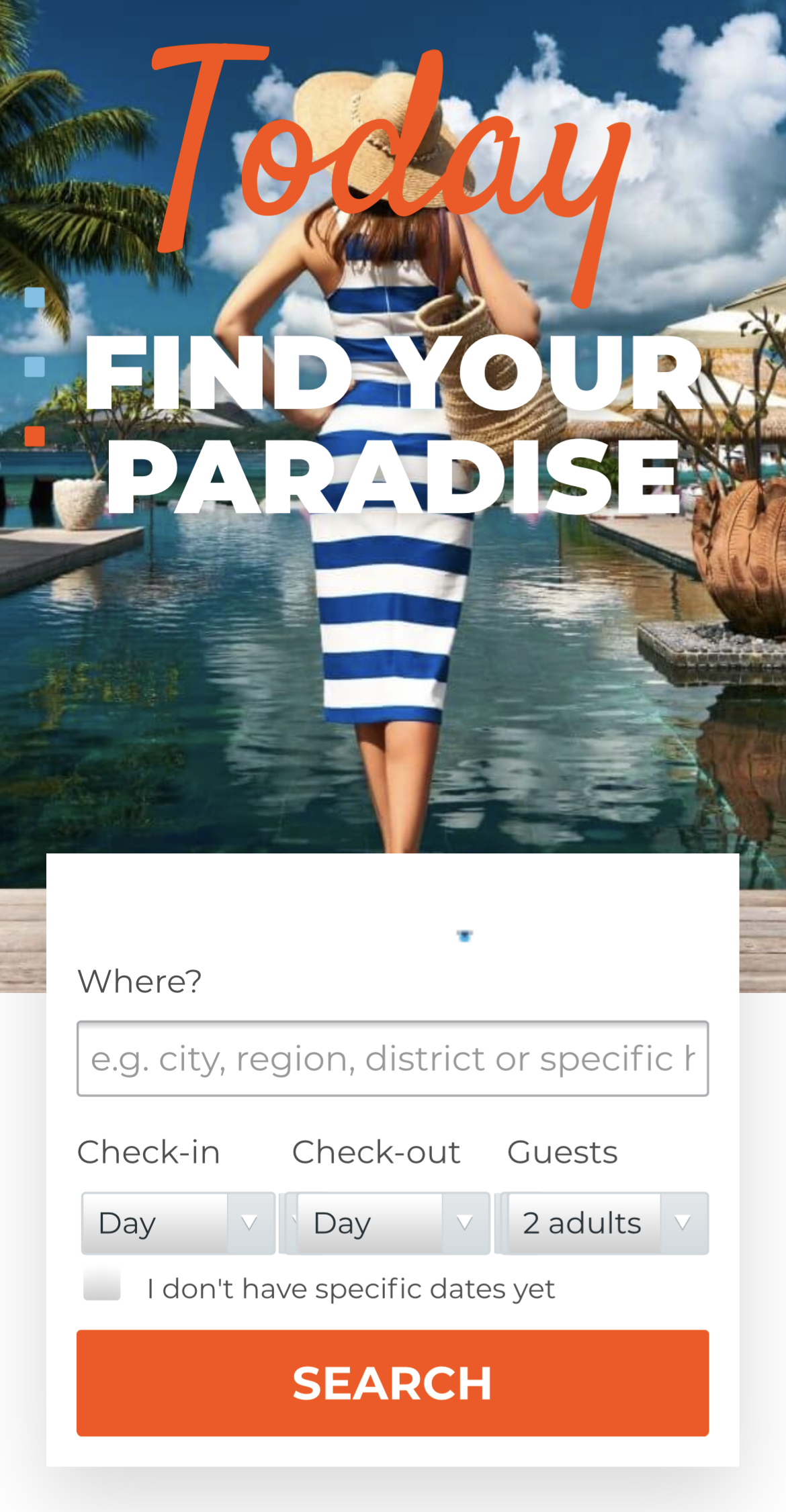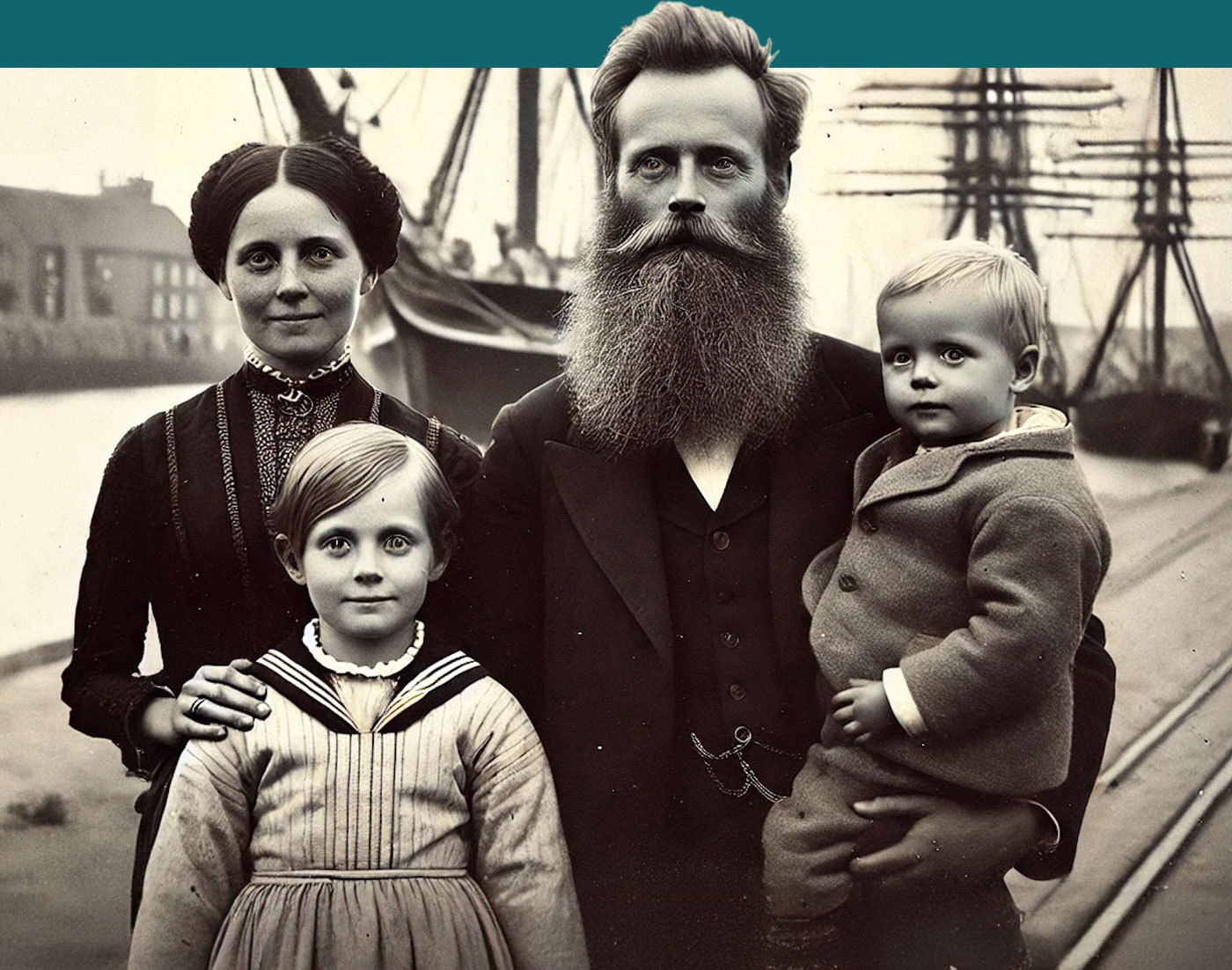Seven in Seven after Seven
Picture this: you’re sitting in a quaint café in Bali, sipping on your morning coffee while wrapping up a work call. Sounds like a dream, right? Today, we’ll introduce you to some remarkable individuals who’ve turned this dream into their reality.
I’ve been a digital nomad for seven years now so, in Bansko, Bulgaria, I decided to ask seven questions to seven incredible nomads: Ranika Koneru, Shaun Busuttil, Nora Dunn, Chris Cerra, Gianni Bianchini, Jason Robinson, and Mr. Derek Smith.
Each one of them embarked on their own unique journey from traditional employment to cherishing the freedom and adventure of the digital nomad lifestyle.
Seven digital nomads in seven episodes after seven years.
From Corporate Chains to Global Exploration
This is the first of seven episodes, where we dive deep into how they got started and what it takes to live the life as a digital nomad. What inspired them, and how was it possible.
This first one is a bit longer than the upcoming episodes, but that’s only so you get to know them and hear their backstories that brought them to this point.
You’ll hear fascinating stories of transitioning from office desks to beachside coworking spaces, from rigid schedules to flexible routines, and from familiar environments to new cultural experiences. We’ll delve into their journeys and explore how they’ve navigated the challenges and delights of this lifestyle.
Embrace a Life of Freedom and Adventure
The digital nomad lifestyle is not limited to the frames of a sabbatical or a gap year; it can be the way you choose to live. Aspiring digital nomads, it’s high time for you to explore this lifestyle, break away from the 9-5 grind, and start working from anywhere in the world. This fresh perspective on life can introduce you to new cultures, broaden your horizons, and provide you with the freedom to design your own work schedule. This isn’t a far-off fantasy – it’s a lifestyle that you can start living today with a little guidance and a lot of dedication.
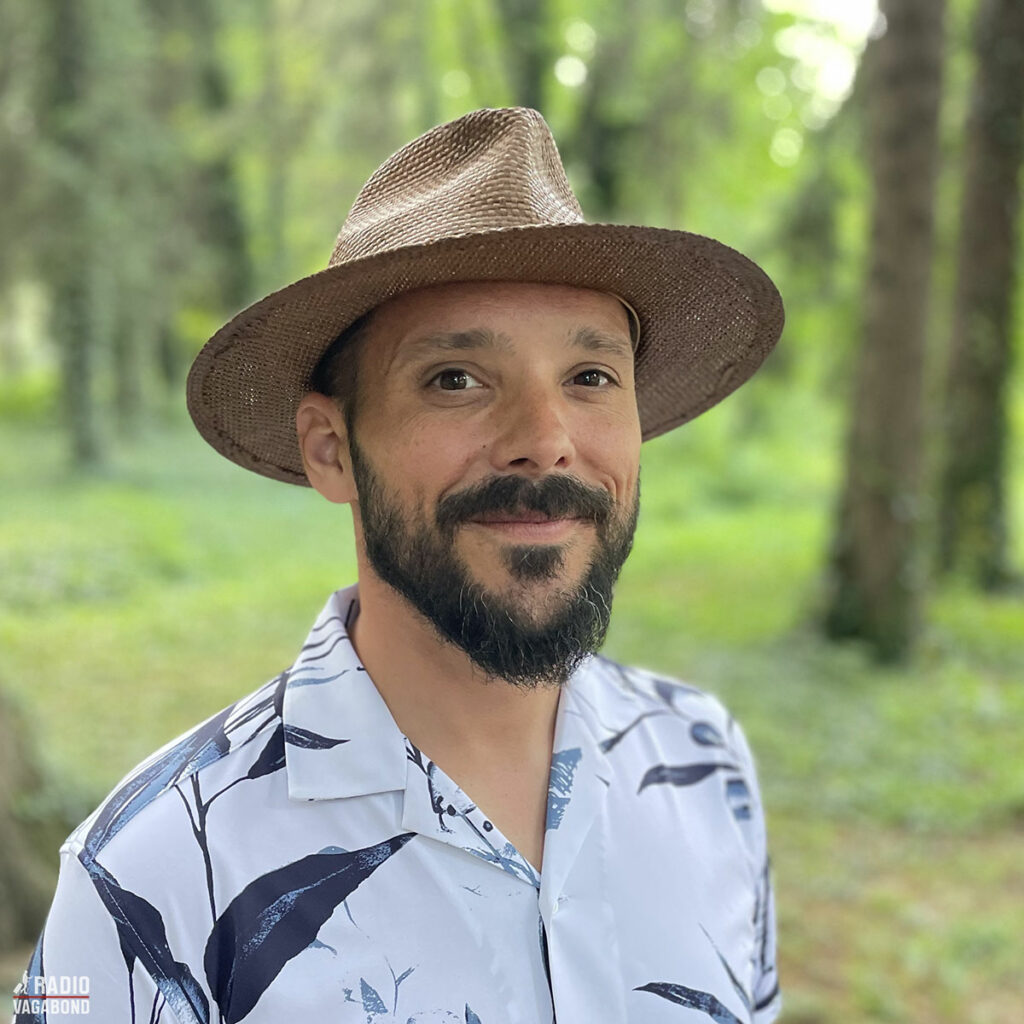
Leaving Behind Careers and Taking Risks
Choosing to live a nomadic life often means leaving your regular job and taking chances. This might mean leaving your job even without having another remote job ready, just like what happened to Chris Cerra’s girlfriend. Making these choices needs a lot of bravery and a clear plan for the future. Giving up a steady paycheck, safety, and the familiar routine of a normal job is a big challenge.
In Chris Cerra’s story, having the confidence and courage to leave their stable jobs for a digital nomad life was a big part of their journey. Even though they were a new couple, they decided to go on this exciting journey together. Their story shows how taking risks is important and how traveling and being digital nomads can really affect relationships.
The Evolution of Digital Nomadism
The idea of being a digital nomad is new, but it has changed a lot over time. This change happened because technology got better, and more people want to find a balance between work and their personal life.
People also want more freedom. To become a digital nomad, many people switch from regular office jobs to jobs that let them work from anywhere. This way, they can travel while working.
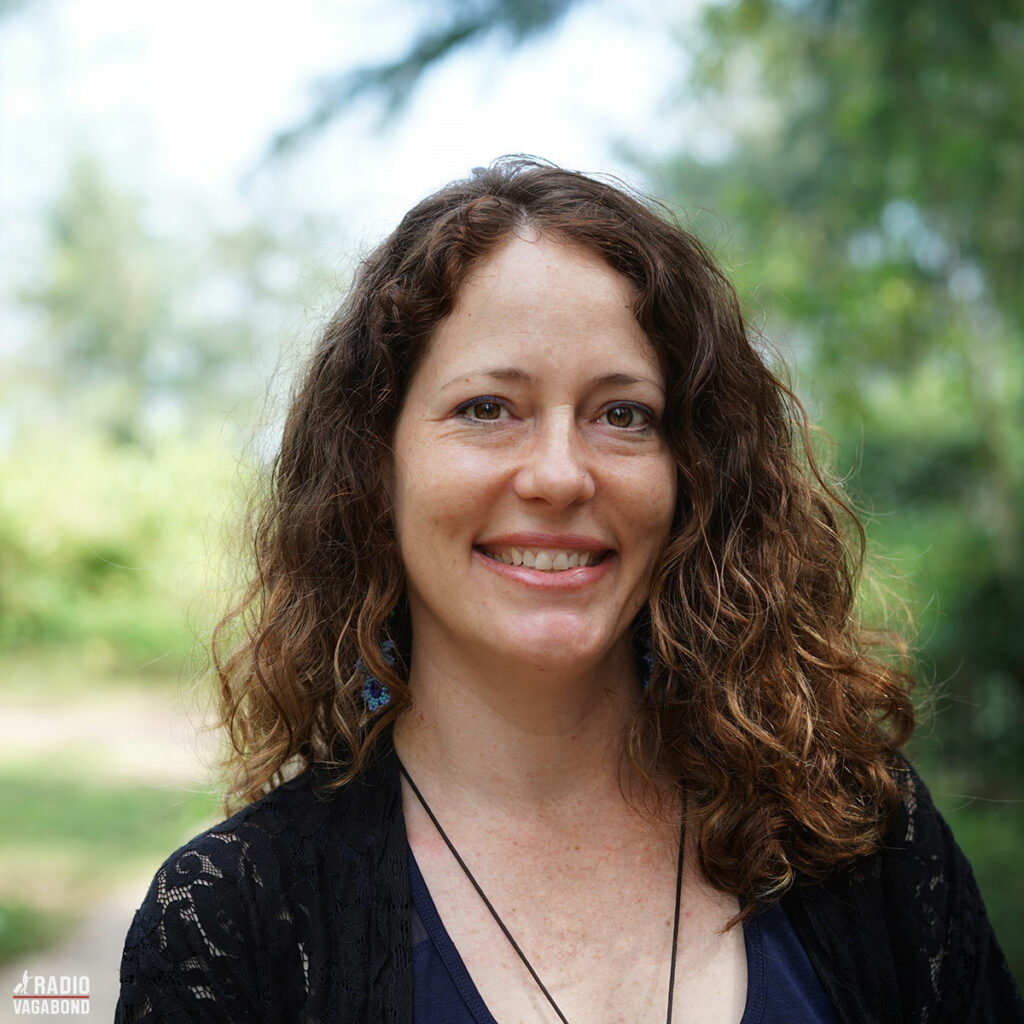
A Nomad With a Home Base
You can be a digital nomad and still have a home base. Nora Dunn has been a full-time traveller and digital nomad longer than any of the guests. But after 12 years she missed a sense of belonging and got a home base back in Toronto, Canada. But she still travels most of the year, so with the new definition she’s still a digital nomad.
Digital nomadism, though quite a modern concept, has undergone significant evolution over the years. It has been driven not only by advancements in technology and remote work opportunities but also by shifting perspectives about work-life balance and the growing desire for personal freedom. A successful transition to a nomadic lifestyle is often marked by a switch from traditional office-based roles to more flexible remote work, permitting a balance between work and travel.
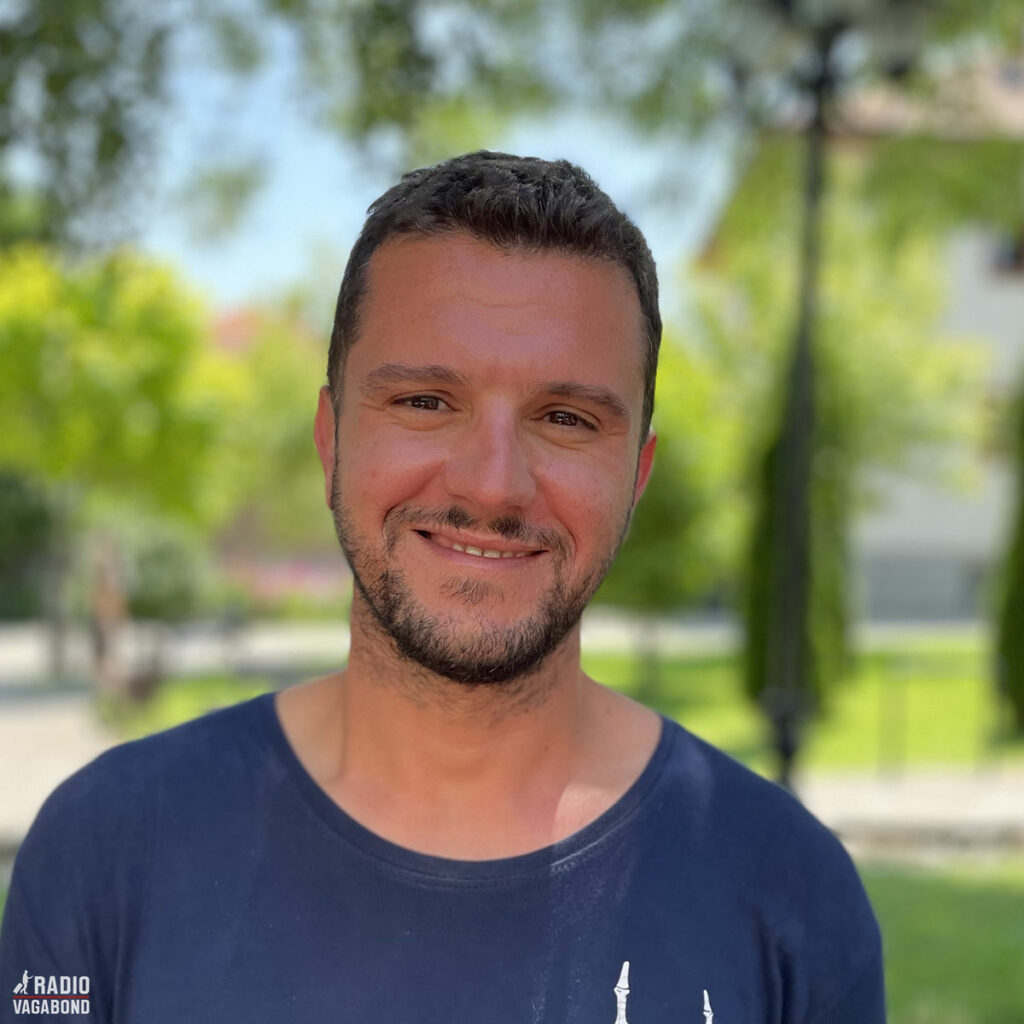
Freelance Writer from Australia
Shaun Busuttil’s journey from a traditional job to becoming a successful freelance writer reflects this evolution. He started by emailing several Australian marketing companies, offering his writing services and was eventually able to secure work from six of them.
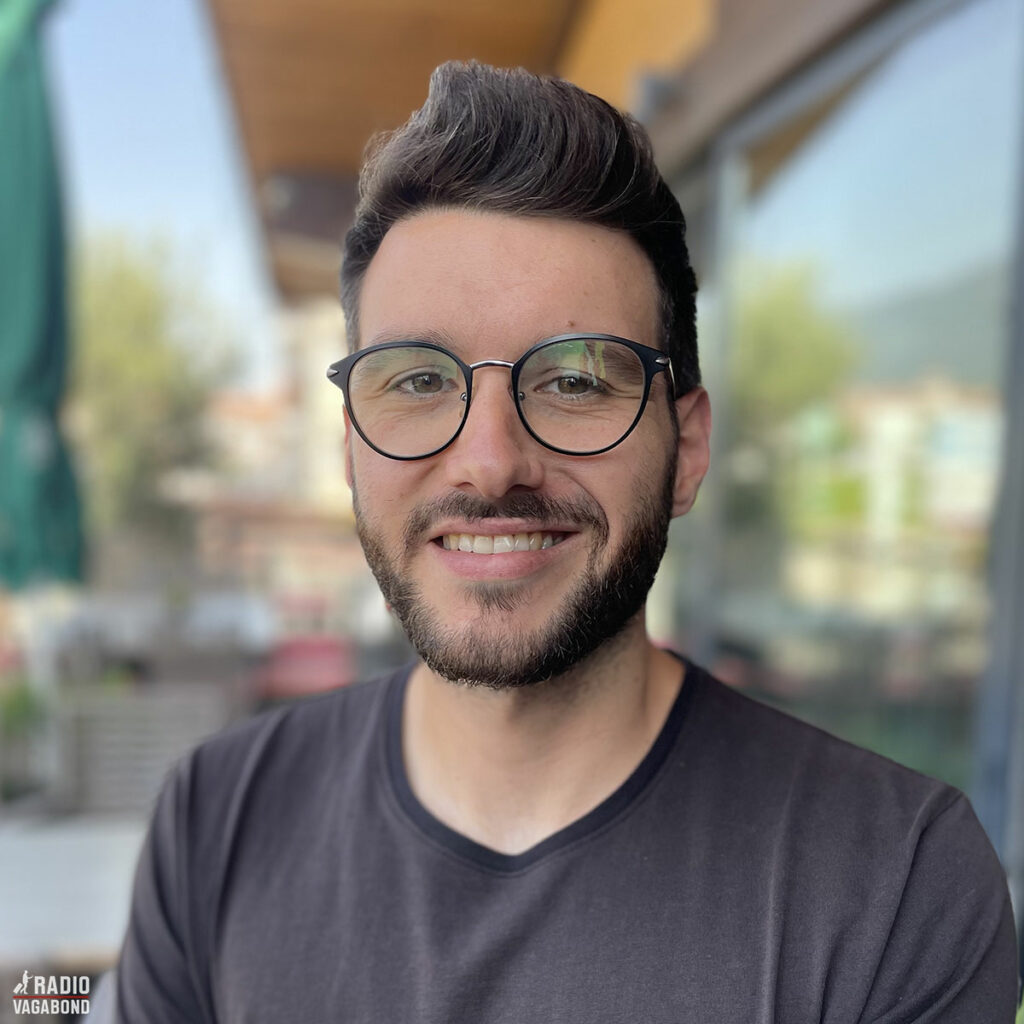
English Chris Helping Nomads
Chris Cerra, on the other hand, quit his office job with his girlfriend, and they chose to live a frugal lifestyle to save enough for their travel dreams. Now his job is finding great deals on accommodation that he shares with other nomads in a newsletter called RemoteBase.co.
These stories highlight the various pathways to digital nomadism — from generating income online to cutting down unnecessary expenses — and the importance of adaptability in this journey.
Here are Three of the Key Steps
- The Motivation to Start a Nomadic Lifestyle: First of all you need to have a desire and the motivation.
- Explore Your Passion and Skills: Evaluate what you love doing and your areas of expertise that can be done remotely.
- Plan Your Transition: Consider the financial implications, necessary tools, and the lifestyle changes you’ll need to adapt to.
- Start Networking: Join online communities and forums of digital nomads for tips, resources, and first-hand experiences.
STEP 1:
The Motivation to Start a Nomadic Lifestyle
The idea of living like a nomad might sound exciting. It means you can have a lot of freedom and do things your way. You don’t have to follow what others expect from you or the usual way of living. You can explore different places and learn about new cultures.
But making this change and always traveling can also be scary. It means you need to change the way you think and how you live. Making money while you travel adds more things to think about. You need to plan carefully.
Ranika Koneru wanted to learn about different cultures and how people live around the world. She was really interested in this and wanted to experience it herself. Nora Dunn felt the same way. She always wanted to travel, so she didn’t wait until she was old to do it. Both of their stories show that it’s important to live the way you want, not just how others expect you to.
So, living like a nomad can be really cool. But it also means you need to make big changes in your life. People like Ranika and Nora show that it’s good to follow what you really want, instead of doing what everyone else does.
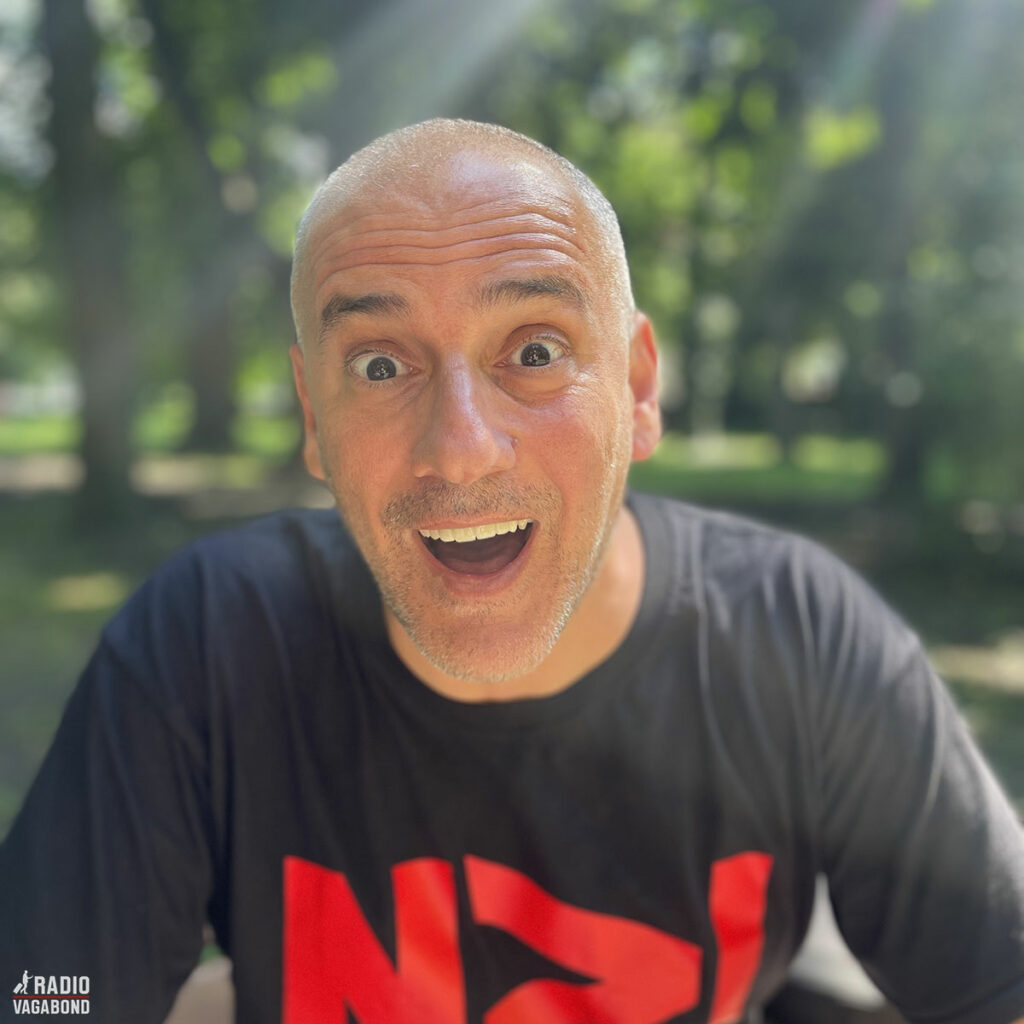
STEP 2:
Explore Your Passion and Skills
If you want to try something new and exciting in your life, think about how digital nomads live. They’re people who work from different places, not just from offices. To do this, they use their interests and skills to create a special way of working.
Imagine wanting to explore and try different things instead of doing the same routine every day. This is what many people like about being a digital nomad. They want to break free from usual jobs and discover new places. But where do they start? Well, it begins with thinking about what your passion is.
Think of it as digging into what you enjoy and are good at. This helps you figure out what things you can do even when you’re far from home. This journey of self-discovery is like building the base of a strong building.
Picture it like mixing your favourite colours to make a beautiful painting. Your interests and skills mix together to help you do your work in a different way. This mix helps you jump into a lifestyle that isn’t the usual way of working.
In one story, Nora Dunn (aha The Professional Hobo) shared how she left behind her financial practice and what people expected from her. She packed her life into a suitcase and started an exciting journey of change. Her big interest was traveling.
Shaun Busuttil had a similar story. He started using his writing talents to do freelance work. Even though he had some troubles at the beginning, he didn’t give up.
Both Nora and Shaun show how important it is to start with what you enjoy and what you’re good at. Their interests matched the work they did, and that’s how they became successful digital nomads.
Now, understanding how important this first step is can help you break free from what people usually do. This journey of discovering what you like and recognizing what you’re good at is really important. It helps you see if you can do well in a lifestyle that’s full of changes and new things.
This step is like fuel that pushes people who want to be digital nomads to create their own paths. The mix of freedom and adventure becomes real. Boring jobs turn into exciting places where you can do things in different countries.
But remember, this change isn’t just about fun adventures. It needs planning, being ready to adjust, and being brave. It’s about knowing what you like and what you’re good at. This way, when you make the big change to being a digital nomad, it feels like a fun adventure, not something scary.
So, when you start your journey, remember that your interests and skills will guide you. They’ll show you the way in a world where there are so many things to explore and enjoy.
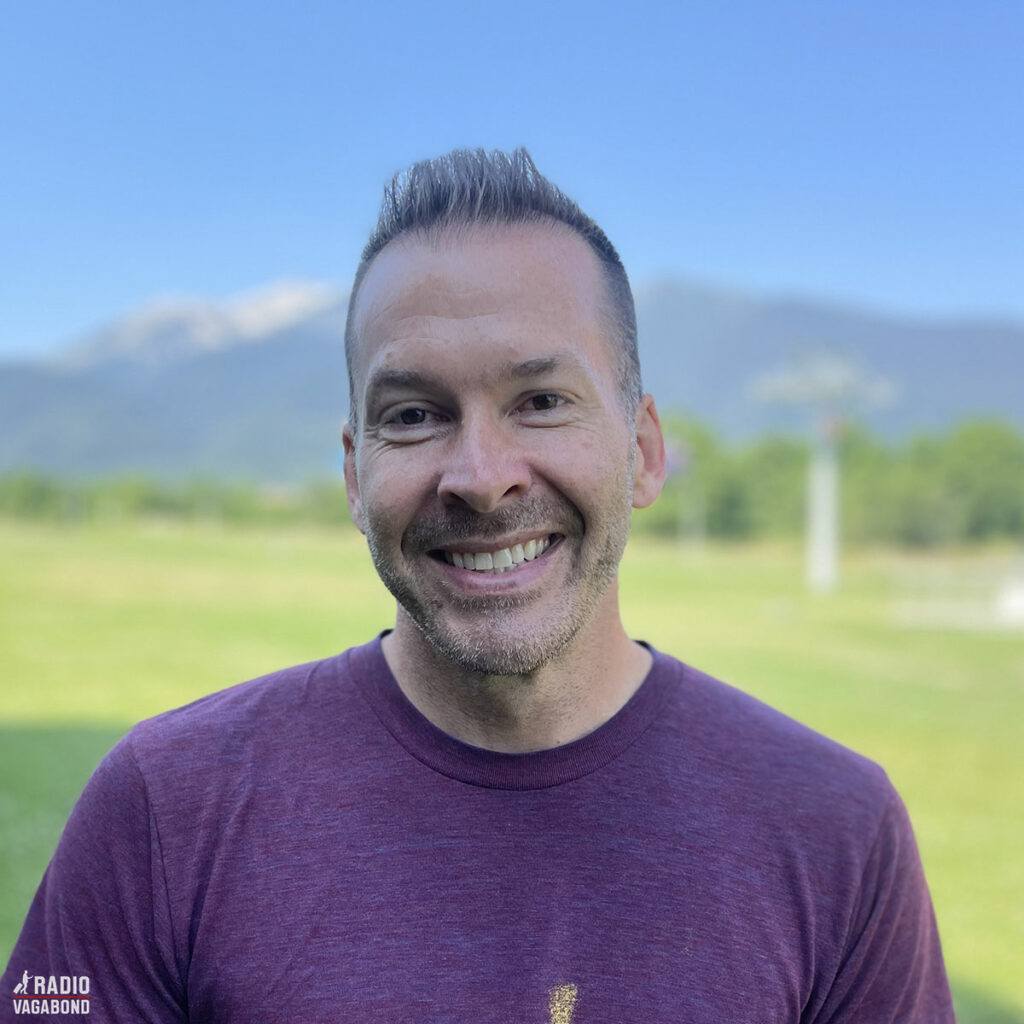
STEP 3:
Plan Your Transition
After you think about your passions, interests, and skills, there are more things to consider before you make a big change to become a digital nomad. You’ll need to think about money, tools you’ll need, and how your life will change – and then plan how to make the change.
Sometimes when you make big decisions, like becoming a digital nomad, you might feel unsure. This is okay! It’s normal to think a lot before making a big change.
You are getting out of your comfort zone and going from a regular life to a nomad life is a big step. It’s like starting a new part of your personal story. You leave what’s familiar and try something new and exciting. It can feel a scary because you never know what will happen.
It’s not just about money or changing how you live; it’s also about getting used to a very different way of life. Your life will change a lot from what you’re used to. You’ll need tools to help you, both in the real world and online. You’ll learn how to live in a way that’s different from your old routine.
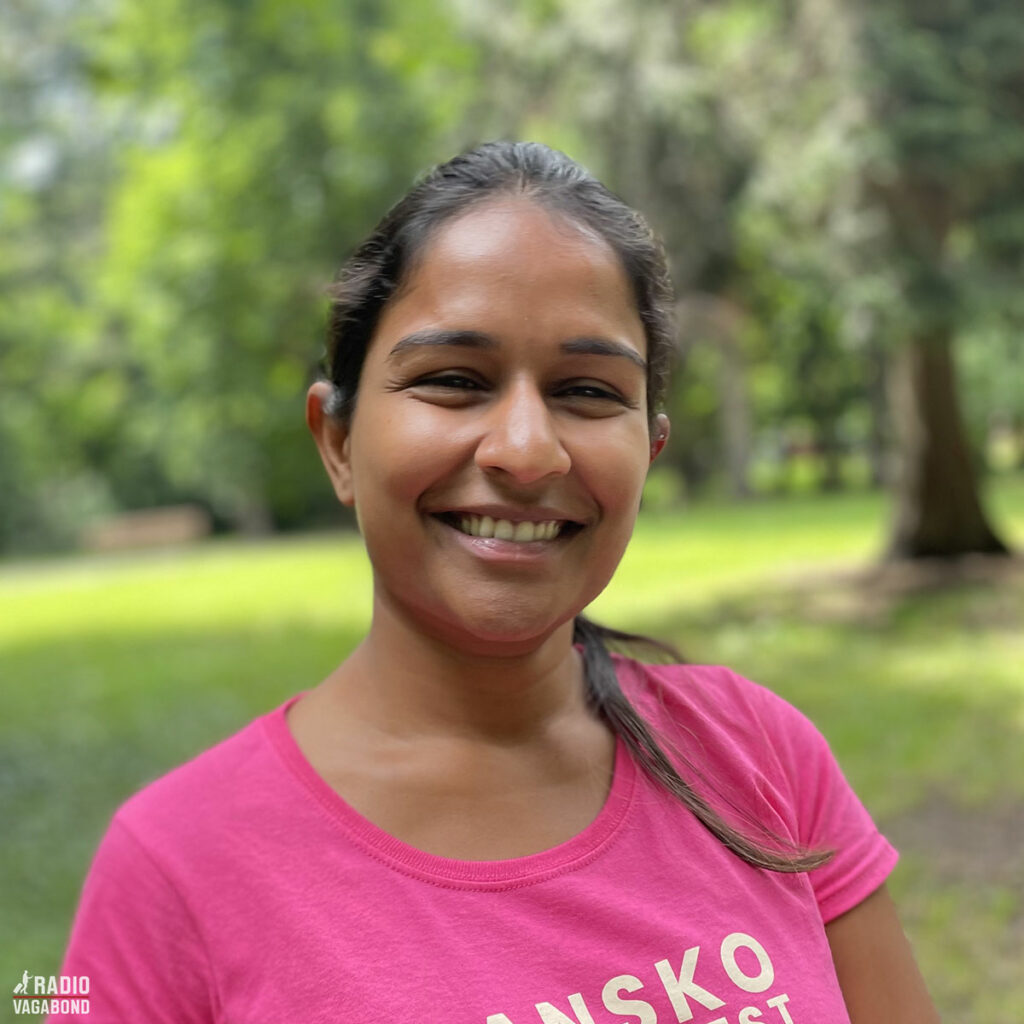
Ranika Koneru didn’t just decide to be a digital nomad overnight. She probably thought a lot about it before making the choice. Jason Robinson didn’t buy a ticket to Mexico without thinking. He had to think about what’s practical and what’s good for him, even though it sounds exciting.
Chris Cerra tells us how he and his girlfriend changed from regular jobs to a digital nomad life. They needed a good plan to do this big change.
For everyone, planning is really important. You need to understand that this change isn’t just about fun. You’ll face new things that you need to be ready for. It’s not just about having adventures. It’s about learning how to live a new way. You might have to work in different time zones or handle money without a usual job.
So, it’s about getting ready for a big change. You need to be ready for challenges and surprises. If you understand this step well, you’ll be more confident on this journey.
In short: It’s not just about feeling excited; it’s also about being prepared.
STEP 4:
Start Networking
Networking, making friends and being part of a community is important for everyone – and also for a digital nomad. So, it’s a good idea to join online groups of digital nomads to get advice, help, and inspiration.
So, look for places where you meet new people, learn things, and find opportunities. It’s more than just typing questions in a search bar and reading websites.
Networking means making friends and joining a group of people who have similar interests. It’s like having a secret thread that connects you to people all over the world. It’s like having conversations with people from different places, even if you’re far away. This makes the world feel smaller and helps you share and learn things.
Sean Bustill is someone who studies how digital nomads live. He says that this lifestyle has its own culture and beliefs. But he didn’t learn this alone. He learned it by talking to others. Every person he met and talked to added to what he knows.
Ranika Koneru and Chris Cerra are also good examples. They keep moving forward as digital nomads because they have support from their friends. Ranika built a successful business called CloudConnections.coand says that networking helped her a lot. Chris shares great deals on places to stay with his network, RemoteBase.co. This way he’s giving back to the people who helped him.
Networking is really important. It’s not just about being a digital nomad; it’s about growing as a person too. It’s like a big step that helps you learn and connect with the changing world.
Another way to network is to go to events where you can meet people, like Bansko NomadFest. It’s a festival where almost 700 digital nomads from all over the world come together.
Networking helps you see different views, find answers, and get new ideas. It opens doors to chances and teamwork. It helps you make friends and not feel alone in the digital nomad life.
People have different ways of thinking, and networking lets you learn from them. It reminds you that even though you’re on your own path, you’re not completely alone. Overall, networking is like a tool that helps you keep growing and learning. It’s like being part of a group of people who think like you, and you can share what you know too.
Much More to Come
This is only the first of seven episodes with these seven digital nomads. We will dive much more into the thing about how to stay connected and build a community when you’re constantly on the move.
We’re also going to be talking great tools to use as a digital nomad and traveller, how to balance work with the exotic life as a digital nomad, favourite travel memories, and in the last episode some great advice for anyone who would like to start the life as a digital nomad.
In the next one we’re going to be talking about fast vs slow travel and how long time they stay in the same place. And spoiler: They all travel a lot slower than me.
If you find this topic interesting, make sure that you click that follow- or subscribe button in your podcast app. And if you have a friend that is thinking about becoming a digital nomad, please share it.
My name is Palle Bo, and I gotta keep moving. See you.
The key moments in this episode are:
02:44 – Ranika Koneru: Becoming a Nomad
03:59 – Gianni Bianchini: Ten Years as a Nomad
05:06 – Meeting Chris Cerra
06:22 – Shaun Busuttil: A Nomad’s Perspective
08:56 – Jason Robinson: The Nomad Experiment
14:00 – Chis Cerra: Becoming a nomad
14:54 – The Motivation to Start a Nomadic Lifestyle
17:09 – Nora Dunn: The Evolution of Digital Nomadism
20:26 – Mr. Derek Smith: Embracing Public Speaking as a Nomad
23:30 – Jason Robinson: Overcoming Challenges as a Nomad
28:08 – Nora and Ranika: The Curiosity to Understand Different Cultures
32:00 – Chris Cerra: Leaving Behind Careers and Taking Risks
35:21 – Derek and Gianni: Becoming Nomads
40:30 – Shaun Busuttil: Starting as a Freelance Writer
46:21 – Poem Written and Read by an AI
The resources mentioned in this episode are:
- Follow travel writer Shaun Busuttil on his blog and Instagram.
- Chris Cerra’s email newsletter, RemoteBase.co, for the best accommodation deals for digital nomads.
- Check out Ranika Koneru’s company, Cloud Connections, for inspiring group travel experiences to the world’s greatest festivals.
- Explore Gianni Bianchini’s travel blog, Nomad Is Beautiful, YouTube channel, and podcast for digital nomad advice and insights.
- Visit Jason Robinson’s Nomad Experiment travel blog to learn about the digital nomad lifestyle and share your own experiences.
- Follow Nora Dunn’s YouTube channel, with tips on travel and travel gear, and her blog, The Professional Hobo.
- Check out Mr. Derek Smith’s website on public speaking.
- Connect with Palle Bo on YouTube, LinkedIn, Facebook, and twitter. See all the links here.
JEG VIL GERNE HØRE FRA DIG
Fortæl mig hvor er du, og hvad du laver lige nu, mens du lytter til denne episode. Du kan enten sende mig en email på lytter@radiovagabond.dk eller udfylde formularen her på Radiovagabond.dk.
Eller sende en stemmebesked ved at klikke på banneret herunder.
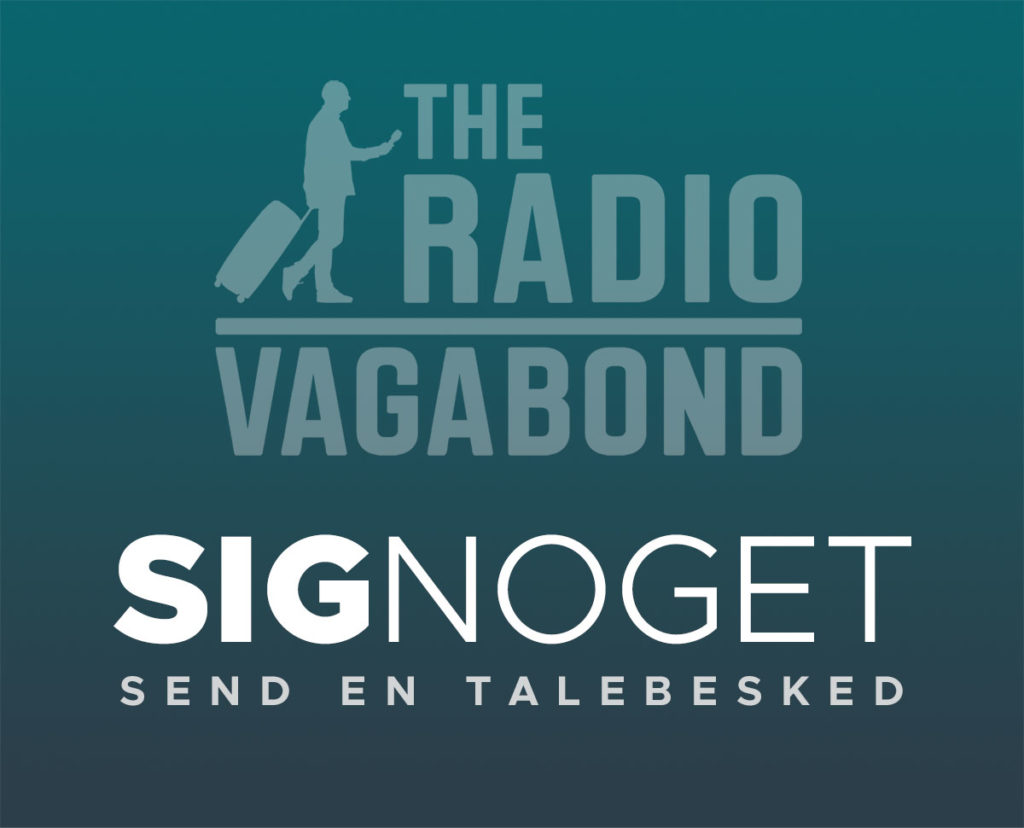
Uanset hvad du gør, vil jeg meget gerne høre fra dig. Det er altid sjovt at høre, hvem der sidder ude på den anden side af højttaleren.
DEL MED EN VEN
Har du en ven, der også er interesseret i at rejse og få inspiration til at komme ud og opleve verden? Så del denne episode. Send en besked eller ta’ telefonen og fortæl om den. Du kan også bare klikke på en af de farvestrålende knapper herunder.
SPONSOR
Som altid tak til min sponsor, Hotels25.dk. Det er et sted, du altid kan finde de bedste priser på overnatning rundt omkring i verden. Og det er garanteret den bedste pris.
RADIOGURU
Radiovagabond er produceret af Radioguru, som også kan hjælpe dig med at starte din egen podcast.
